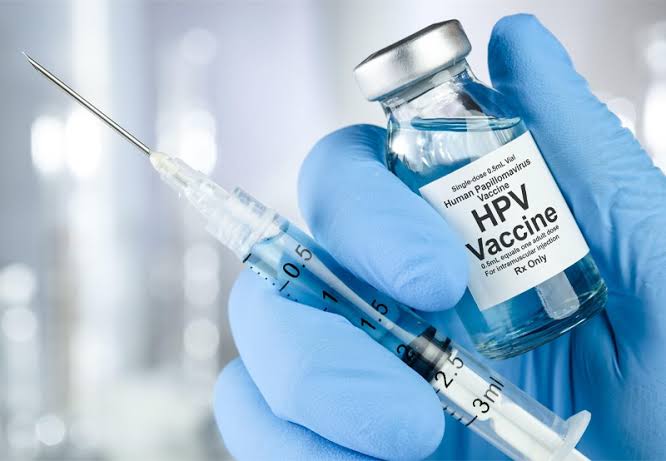The United Nations Children’s Fund (UNICEF) has expressed its optimism and commitment to a significant milestone in the fight against cervical cancer in Nigeria. By December 2024, the organization aims to have vaccinated over 80% of Nigerian girls aged between 9 and 14 with the life-saving Human Papillomavirus (HPV) vaccine.
This ambitious goal was announced by Dr. Ijeoma Agbo, UNICEF’s Health Specialist, during a two-day media dialogue in Lagos on Tuesday. Dr. Agbo emphasized the importance of protecting young girls from the devastating effects of cervical cancer, and highlighted the vaccine’s proven efficacy in preventing the disease.
With this initiative, UNICEF is working towards a future where Nigerian girls and women can lead healthier, more productive lives, free from the burden of cervical cancer.
The media dialogue with the theme, “Combating The Most Preventable Form Of Deadly Cancer Affecting Women and Girls Through Vaccination”, seeks to intensify awareness of the HPV vaccine and its benefits.
Dr. Agbo emphasized the importance of a collective effort to combat HPV infection, highlighting that it is a viral infection that affects the reproductive tract and is responsible for 95% of cervical cancer cases.
Globally, cervical cancer is the fourth most common cancer among women, and in Nigeria, it is the second most common cancer affecting women. The HPV vaccine prevents infection by certain types of human papillomavirus, a common sexually transmitted infection that can cause various conditions in men and women, including cervical cancer.
In October 2023, the Federal Government introduced the HPV vaccine into its routine immunization program to protect teenage girls against cervical cancer and related diseases.
The goal is to reach over seven million girls aged 9-14 with the life-saving vaccine. Dr. Agbo stressed that the HPV vaccine roll-out aims to eliminate cervical cancer in the country and assured that the vaccine is safe, effective, and free. She urged all stakeholders to come together to raise awareness about the importance of the HPV vaccine and its potential to save lives.
The health specialist stated, “Our girls are important to us and every girl has a right to life and no one should die from preventable causes of cervical cancer.
“So we are hoping that in the future, we have a country that is devoid of cervical cancer.”
Dr. Agbo expressed concern over the spread of misinformation about the HPV vaccine, emphasizing that the World Health Organization conducted rigorous tests and trials before its introduction.
She clarified that the vaccine’s first phase was launched in October 2023, covering 16 states, and the second phase will commence on May 27, 2024, expanding to the remaining 24 states.
Dr. Agbo appealed to parents, teachers, principals, and other stakeholders to collaborate with the government, UNICEF, and partners to ensure that all eligible girls receive the vaccine, promoting a collective effort to protect young lives from cervical cancer.
“With all hands on deck, we can achieve the 2030 elimination target. In the first round, we introduced it in three states, Lagos, Ogun, and Osun, but we didn’t do as well as we had hoped.
“We had some other states in the North and East that did much better and even got as far as 70-80 percent. We found out that what caused this was the distrust in the system and a lot of misinformation which went around even on social media”, she said.
Agbo further said, “It is never too late, while we hope that we can improve in the states that we have introduced them to and have now routinised it, in the new states we are going to, we are taking the lessons from those states looking at the strengths and challenges from the strategies we had put in place.
“With this, we are coming together with our communities to develop strategies that would help us in scaling up and the introduction so we can meet our target.”
Dr. Adetola Akinpelu, the Immunisation Programme Coordinator for the Lagos State Primary Health Care Board, reported that since the vaccine rollout began in October 2023, approximately 478,528 out of the targeted 1.1 million girls have received the vaccine in the state.
He acknowledged that the initial stages of the program faced obstacles, including the spread of misinformation, insufficient funding, and the use of technical language that was difficult for some to understand, which hindered the program’s progress.
“We were able to engage with some of these schools during the assemblies and Parent Teacher Association meetings and we got good responses from them. We had TV, radio, and social media campaigns”, he said.
